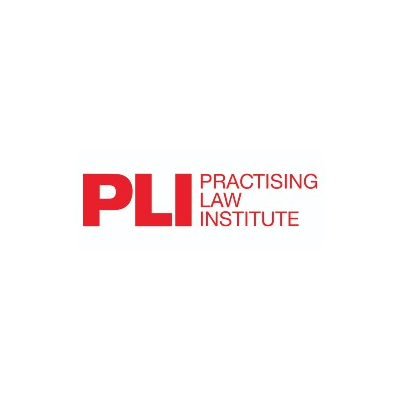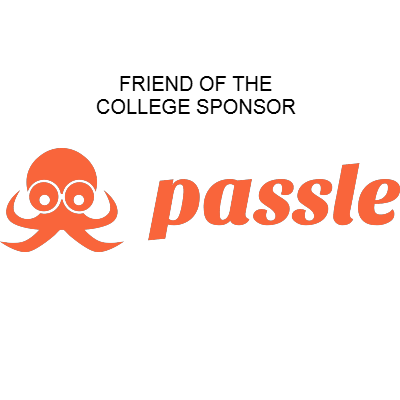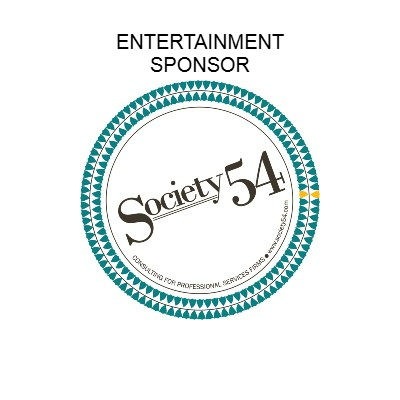David AndrewsDavid Andrews died in 2004. In 1987, David Andrews established his own firm, The David Andrews Partnership, a management consultancy dedicated to the legal profession in the UK and overseas. The firm merged into Grant Thornton in 1995, and David remained active in its operation until shortly before his death on February 27 of 2004. The following tribute is excerpted from the words written and read at David’s funeral by his friend of 44 years, Alan Paul. David was born on Christmas Eve 1939 in Maidenhead. While at St Piran’s prep school,he showed an early interest in music by resurrecting the hand bell ringing team. At Uppingham School he chose the arts rather than the sciences, wisely perhaps, aftercausing an explosion in the science lab. His future interest in design was displayed at home where he often drew architectural plans on long rolls of wallpaper.Before going to university, he took a gap year: he went to France and taught English at a boarding school in St Dizier. While there he painted a mural in the school dining room. In 1963 hegraduated with an LLB and also an AKC diploma in theology—an optional course open to students from other faculties. Immediately after graduation, he joined a party led by theCollege chaplain to stay in the ecumenical community at Taize. After a brief spell as senior administrative tutor at Cumberland Lodge in Windsor Park, David enrolled at the London College of Law and then became articled to the Mayfair solicitors Boodle Hatfield. He asked a friend from King’s to share lodgings in Hoxton, but the low rent came with strings attached -helping out at an East End boys’ club. At the end of 1966 David married Ann and moved to Wimbledon where his first job was solicitor to a company on Wimbledon Hill. He then moved to Fisons and traveled the world negotiating the legal formalities for marketing a new ‘blockbuster’ drug called ‘Intal’ for asthma sufferers. Deciding to move back to a law practice, he joined the City firm of Clifford Turner, becoming the firm’s first Managing Partner. David was a multi-talented person. His outstanding gift was as a designer: his abilities were shown in his home interiors and in his canal boat, the ‘Freedom’, which was built to his own design with many innovativefeatures. He would also have made a good artist ascan be seen from the paintings in his flat. He had a talent for DIY and was a skilled carpenter, making cupboards, cabinets and furniture for his homes. Gardening wasanother passion: he was a founder member of a local garden society and redesigned his own gardens in Wimbledon. He loved classical music and often went to symphony concerts. He had learned the piano at school and loved both piano and organ music eventually buying an organ for his home. Cars were another passion: from a Morris Minor, he progressed through a wide variety of special cars to his final luxury, a newMercedes. David enjoyed business travel all over the world, sometimes combining this with holidays. In the UK he had many happy times on his canal boat with family and friends. He adored travel by rail, crossing Southern Australia by train, South Africa on the Blue Train, from Venice on the Orient Express and, in more recent years, taking the mountain railway from Luzern to his beloved Engelberg which became his Shangri-La, a very special place in his affections. In Europe he liked France and Spain; in Asia he loved Hong Kong and in particular India. While on a visit to Calcutta he considered sponsoring a child, but it was not until later that this ideal was realised in a different form by his sponsorship of a student from Delhi to train as a chef in London. The lucky recipient of his sponsorship was Gajraj Sharma., known as ‘Raj’, who has confirmed David’s faith in him by his prize-winning achievements. David had two truly outstanding personal qualities: first his good sense of humour. Witty and charming, he had the gift of putting people at their ease; it was always a pleasure to see him and he was pleased to see you. He always found time to speak on the phone,even when you knew that he must be very busy. Secondly, he was a wonderful father, proud of the achievements of Lucy in medicine,Martin in garden centre management and Sam in cricket and medicine. He was always supportive throughout their entire upbringing. When abroad he phoned them regularly and at home he was able to inspire them with faith in themselves. He was also supportive to Rupert and Ben and was a doting grandfather to Oliver. Speaking was a large part of David’s life and he had a natural gift: his talks sparkled with humor and clarity. He also had a restless energy which lasted all his waking hours—he never found a use for an armchair. Optimistic and positive, he always looked on the bright side. Hard-working to a fault, he was a perfectionist, meticulous in his organization and timing. Conventional yet unconventional, almost everything he did was that bitdifferent. Smartly dressed and elegant, he was well known for his flamboyant bow ties and his collection of hats and walking sticks. The course of marriage does not always run smoothly, but it says much for David’s character, and that of Ann and Carie, that they managed to keep on such good terms with him. His battle with cancer has been hugely courageous and he faced the future with stoicism and good humour, never complaining about his condition and always making visitors welcome. Sheer determination enabled him to make trips to Paris, Engelberg and as recently as last December to Italy. He redecorated his flat and only last year designed and installed a new kitchen for Lucy and Richard. At last he had time to read books and enjoyed those recommended by Tim La Haye. Between these bursts of activity, more than one medical crisis occurred, but he fought each one successfully until his collapse the day before he died. Even in those few days previous to this, though —Alan Paul |


















